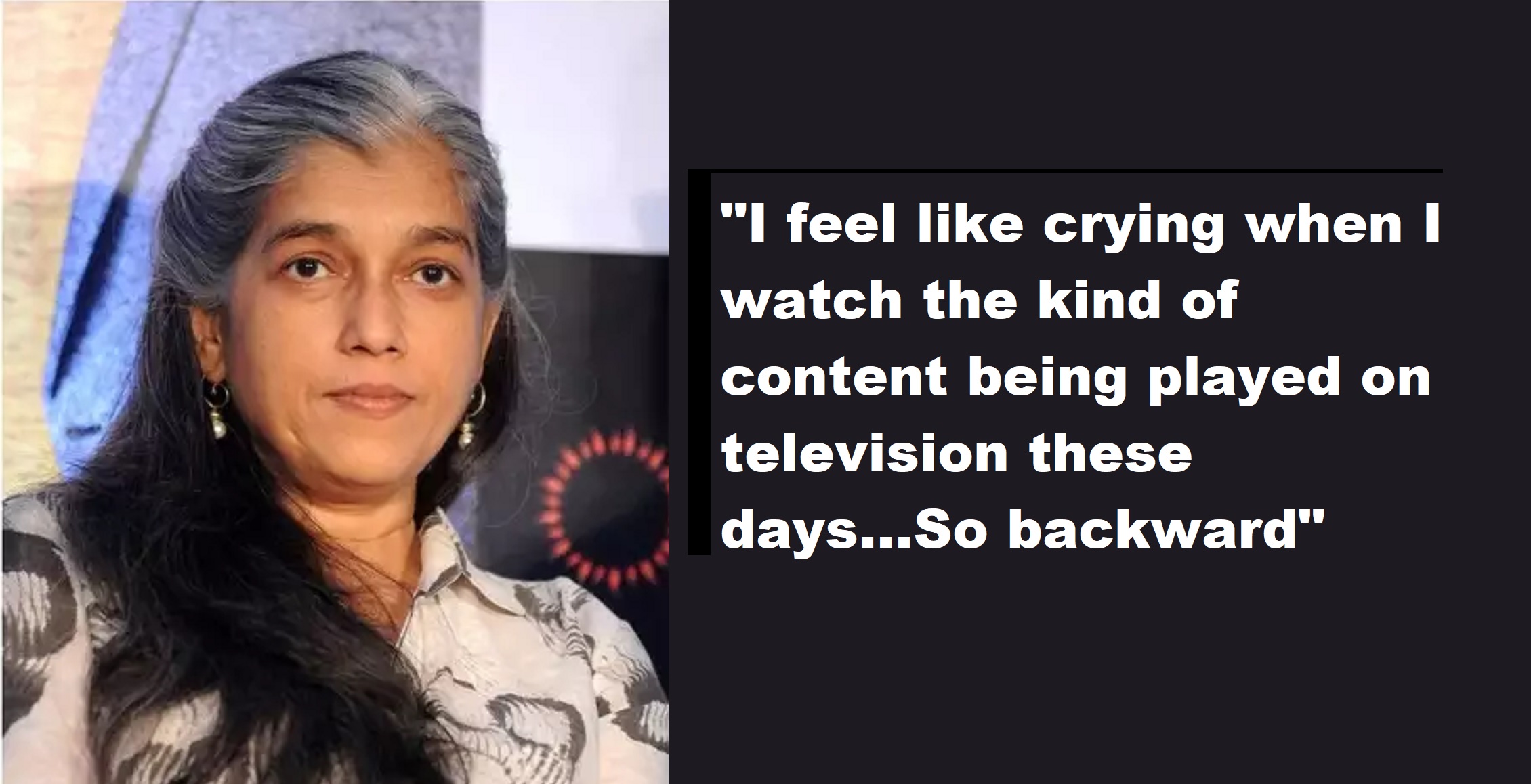There’s no doubt that our television hasn’t been able to grow cinematically to the same level as our movies – especially in the last 20 years or so.
While Indian cinema truly seems to have come of age, showcasing original stories from all quarters of the country – with a drive towards cinematic excellence, the same cannot be said about what we see on television.
Actress Ratna Pathak Shah – who has been a prominent face in both movies and television agrees.
View this post on Instagram
In a recent interview to Indian Express, the actress shed a few thoughts on the subject – and boy, she did not hold back.
Here’s what she was quoted telling the publication:
“Today, we are back to saas-bahu dramas. I feel like crying when I watch the kind of content being played on television these days. It is so crude and regressive. Kyun ho raha hai? Ye kya hai? Is this the meaning of sanskriti? So backward!”
View this post on Instagram
We couldn’t agree more!
We are still stuck with the Saans-Bahu soap-operas, where reincarnation, dragged-out sequences and stories, slow-motions and over-the-top depiction of everything (not to mention the ‘dhum tana nana’ background score) and just overall stupidity of the content, still loom over the industry like black clouds – which in a way are trying to hold it back from growing.
The difference is drastic when you compare the television content with the quality of series being put out on OTT platforms. The dumbing-down of audiences, to overtly explain everything has left us astray from the path that was started by shows like ‘Hum Log’, ‘Nukkad’, ‘Shanti’ and ‘Malgudi Days’ – to name a few.
Going forward at this point would first include going backward, at least to the level of cinematic quality and great acting of Doordarshan shows of the 90’s.
The first step would obviously be to bring back theater artists, and just do away with the pretty-faced models.
Hope some brave producers and makers come into picture, who finally take us there, sooner than later.
Article includes excerpts from Indian Express interview.

